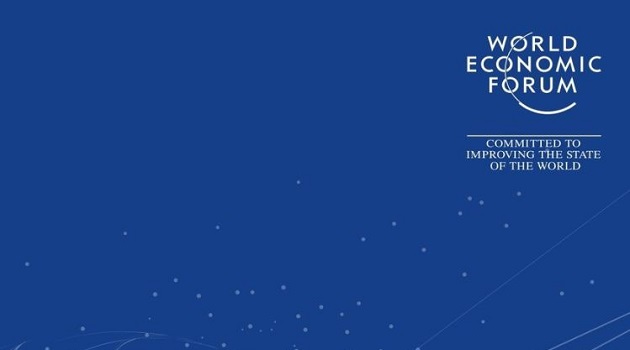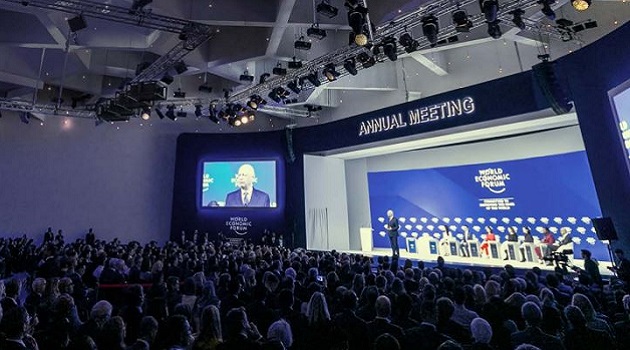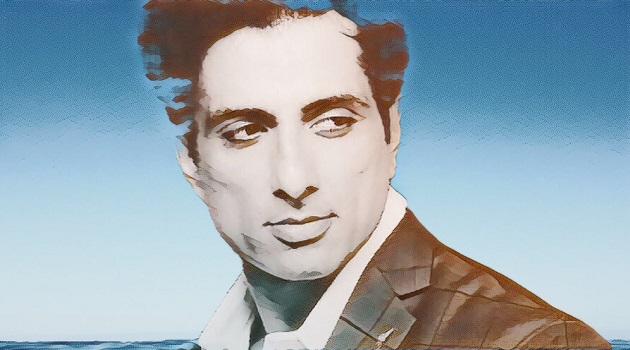
The World Economic Forum is the International Organization for Public-Private Cooperation.
The Forum engages the foremost political, business, cultural and other leaders of society to shape global, regional and industry agendas.
It was established in 1971 as a not-for-profit foundation and is headquartered in Geneva, Switzerland.
It is independent, impartial and not tied to any special interests.

The Forum strives in all its efforts to demonstrate entrepreneurship in the global public interest while upholding the highest standards of governance.
Its activities are shaped by a unique institutional culture founded on the stakeholder theory, which asserts that an organization is accountable to all parts of society.
The institution carefully blends and balances the best of many kinds of organizations, from both the public and private sectors, international organizations and academic institutions.
The World Economic Forum believes that progress happens by bringing together people from all walks of life who have the drive and the influence to make positive change.
Why does its work matter?
As an international organization with no commercial interest, the Forum provides a platform for leaders from all stakeholder groups from around the world – business, government and civil society – to come together.
Leadership and Governance
The Forum is chaired by Founder and Executive Chairman Professor Klaus Schwab. It’s guided by a Board of Trustees, exceptional individuals who act as guardians of its mission and values, and oversee the Forum’s work in promoting true global citizenship.

In their work on the Board, members do not represent any personal or professional interests. To reflect the Board’s multistakeholder status, its membership is divided equally between representatives of the business community and leaders from international organizations and civil society.






